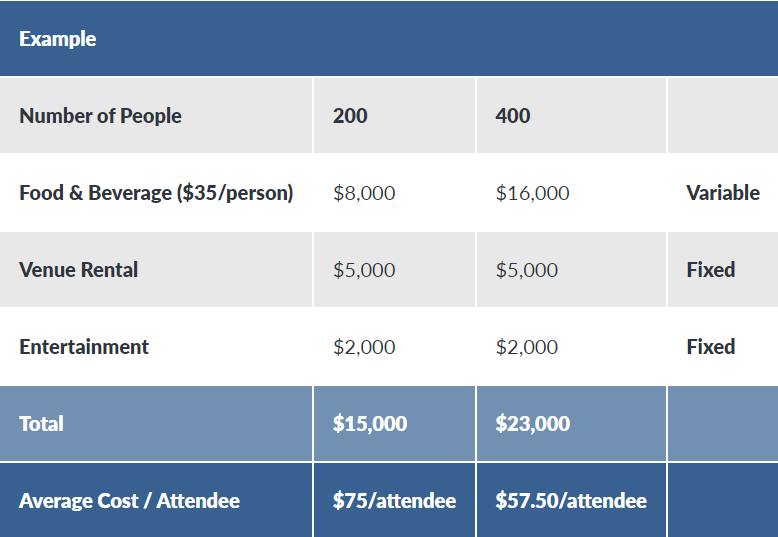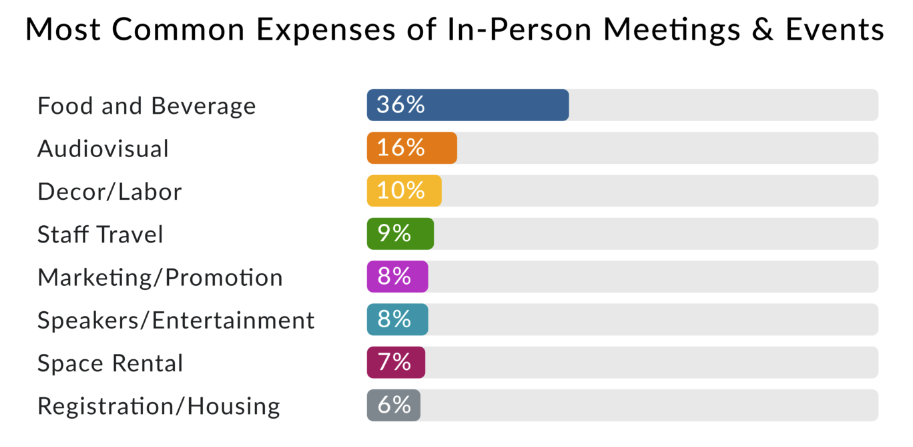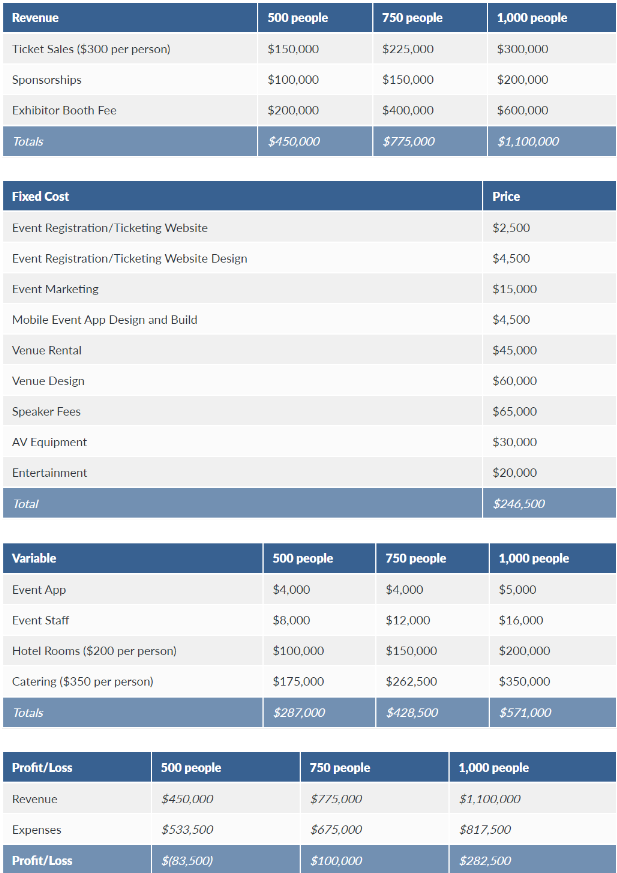PRISE is dedicated to delivering top-notch service with a team comprising innovative event producers, skilled management professionals, a talented production crew, exceptional entertainment staff, and courteous event personnel. With a wealth of experience in overseeing events and venues in some of Australia's most vibrant locations, PRISE possesses intimate knowledge with the premier event spaces in the region.
BUDGETING & PLANNING CONTROLS
PRISE is proud to have leading event producers with years of experience, producing over hundreds of events annually, and attracting countless people each year – PRISE has continued to push the boundaries of innovative and creative achievement as a premier event, marketing and production agency.

PRISE offers comprehensive event services tailored to your specific needs and preferences. Our primary focus is on designing your event to align with your requirements. Our team of experts delves deep into understanding your brand, taking care of every detail. Entrust us to produce your next exceptional event on a global scale.

event budget management budget for the event event planning budget event budgeting event management budget
event budget management budget for the event event planning budget event budgeting event management budget
event budget management budget for the event event planning budget event budgeting event management budget
setting & sticking to a budget
Understanding, setting, and adhering to a budget for your corporate event is crucial for several reasons. Firstly, it ensures financial responsibility and accountability, preventing overspending and unexpected costs that could strain company resources. Secondly, a well-defined budget serves as a roadmap for decision-making, guiding choices regarding venue selection, catering, entertainment, and other essential elements. By understanding the budgetary constraints from the outset, event planners can prioritize expenses and allocate funds effectively to maximize value and impact. Sticking to the budget also fosters transparency and trust among stakeholders, demonstrating fiscal discipline and respect for financial boundaries. Moreover, a carefully managed budget enhances the overall success of the event, minimizing financial stress and allowing organizers to focus on delivering a seamless and memorable experience for attendees. In essence, understanding, setting, and adhering to a budget is fundamental to achieving the desired outcomes and ensuring the long-term sustainability of corporate events.
steps to planning your budget
Step 1:
Set financial goals for your event
Step 2: Determine your fixed & variable costs
Step 3: Identify your sources of revenue
Step 4: Create an event budget proposal
The events purpose & goals
Data about past events
Budget contingency plans
Potential budget overages
Info on measurables & ROI
Step 5: Calculate cash flow for your event
Step 6: Review & track your event budget
Step 7: Analyze your event’s financial performance
hybrid & virtual events
The virtual event platform you’ll host your event in
Design of your virtual event space
Your streaming service
Hybrid event planners should budget for two A/V costs. One for your onsite A/V equipment, and the other for your remote A/V equipment.
expenses for events
Fixed costs remain constant regardless of the number of attendees and are calculated as a set total amount. On the other hand, variable costs fluctuate depending on the number of attendees and are calculated on a per-person basis.
Your meetings and events prioritize the attendee experience, necessitating investment in aspects that offer value to your target audience.
For example, attendees prioritize an exceptional overall experience over the specifics of individual costs like $240 for a gallon of coffee or $45 per person for a continental breakfast. What matters most is the quality of the food and beverage, as it significantly influences attendee satisfaction.
PCMA recommends allocating 55% of your budget towards food and beverage, audiovisual, and speaker or entertainment expenses, as these directly contribute to the overall attendee experience.



corporate event budget example
In this scenario, you're organizing a fully in-person event over a single weekend, hosted at a hotel. Anticipating attendance between 500 to 1000 individuals, your primary objective is revenue generation. With a larger turnout, you expect to secure additional booth rentals and sponsorships, albeit requiring more staff and accommodations.
Presenting your event budget in this manner provides a clear insight into the potential profit or loss under various attendance scenarios. For instance, profitability is achievable with a minimum of 750 attendees, with increased profits correlating with higher attendance.
Conversely, an attendance figure of 500 would result in a financial loss. Armed with this understanding, proactive measures such as reallocating funds towards marketing, seeking more cost-effective venues, enhancing sponsorship recruitment efforts, or adjusting ticket prices can be implemented.
the importance of a budget
In an era marked by escalating expenses, ranging from coffee to A/V equipment, the creation and adherence to an event budget hold unprecedented significance.
Why is budgeting vital in event planning? Primarily, a well-structured budget can spell the distinction between financial failure and resounding success. Consolidating financial details into a single framework, event budgeting facilitates:
1. Understanding the breakdown of event costs.
2. Exercising control over event expenses and revenue.
3. Assessing the return on investment (ROI) of the event or conference.
While event budgeting may not rank high on the excitement scale in event planning, it should undoubtedly be a paramount concern—particularly if delivering remarkable event experiences within budget constraints is the goal.
According to Knowland’s 2023 State of the Meetings Industry, escalating event expenses emerge as a primary concern for event organizers. Nearly half (46.3%) of professionals cite rising costs as their biggest concern in event planning, with an additional 21% identifying dwindling client budgets as a top challenge.
The survey also predicts continued increases in food and A/V expenses:
- 39.8% of event planners anticipate A/V costs rising between 20-50%.
- 15.6% of organizers expect A/V costs to surge by more than 50%.
- 48.1% of event organizers project F&B costs to escalate by 20-50%.
LOGISTICS, EXPERIENCE AND DETAILS ALL COMBINED
Everything your event could ever need. A full turn-key solution.
Our innovative agency delivers complete planning, management, and production services for corporate events across the nation. Our event services are all-encompassing, providing everything required for your event from its initiation to conclusion. Our adept event managers are specialists, ready to conceptualize and infuse engagement into your upcoming event.
WE PLAN AND PRODUCE ALL TYPES OF EVENTS
Below are only some of the experiences we offer
From the initial stages of the planning process, we assist you in building strategic event plans that surpass your objectives. With years of expertise in corporate event planning, we excel at recognizing opportunities to seamlessly incorporate brand elements and key messages into your event. Our team is dedicated to generating and managing the entire process from concept to completion!
